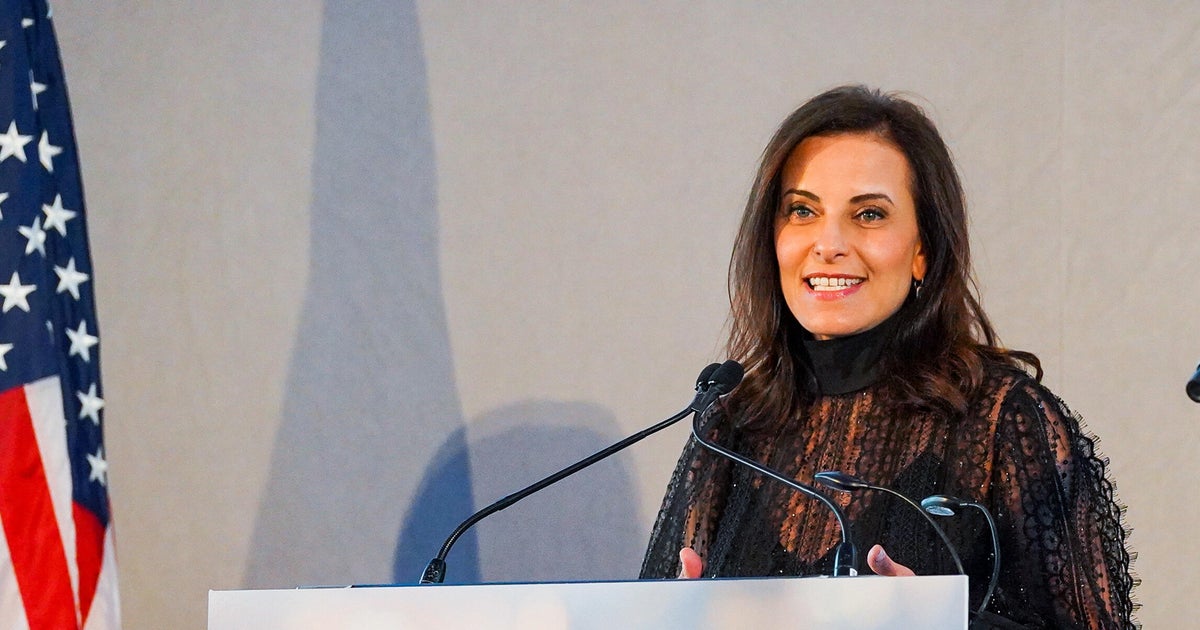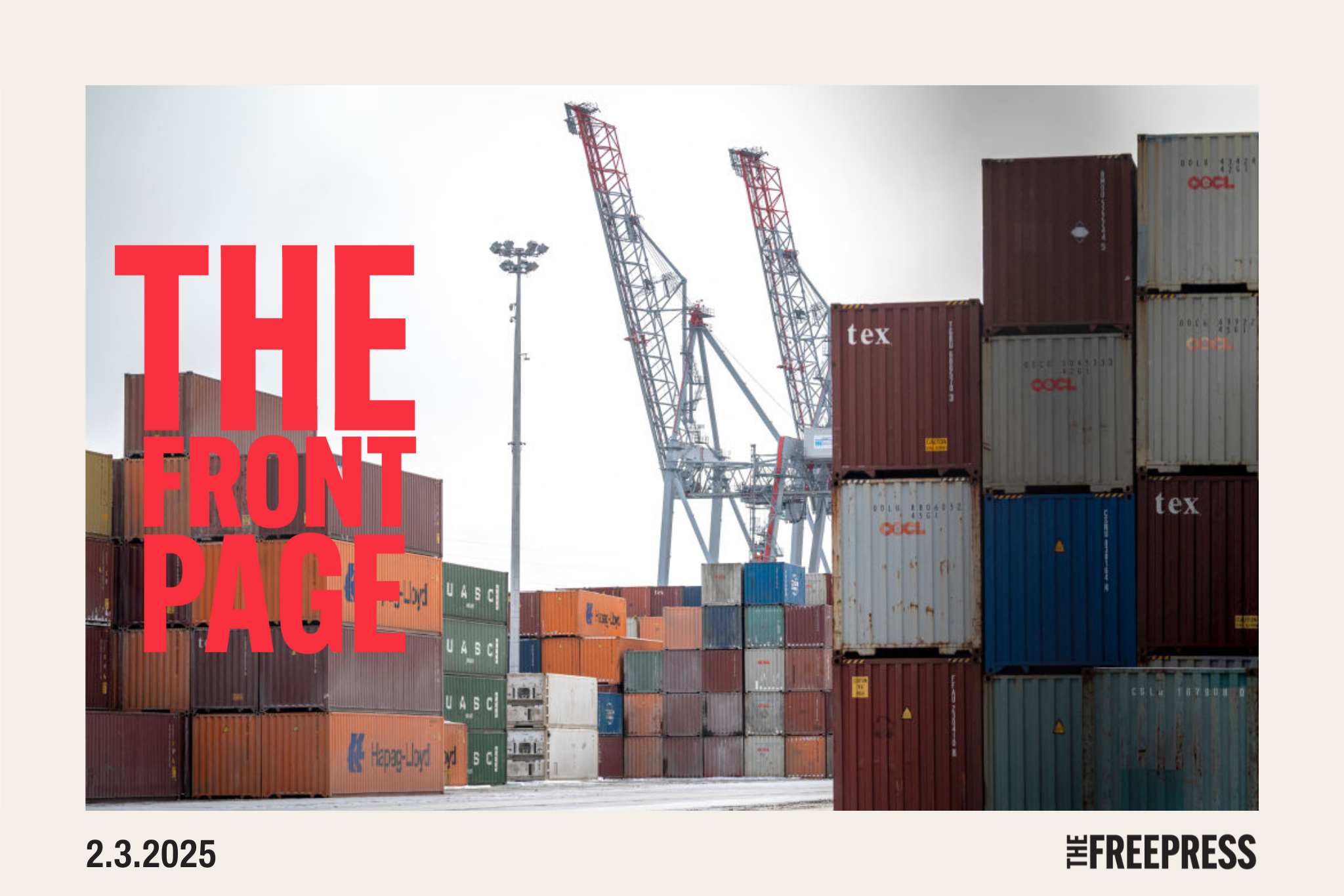GM now has more workers in China than UAW employees in the U.S.
- President Trump attacked GM on Twitter, claiming it is now one of the smallest car manufacturers in Detroit.
- GM says it employs nearly 49,000 union employees in the U.S., more than rival Fiat Chrysler.
- GM has been investing heavily in China, where it is now one of that nation's largest car manufacturers.
President Donald Trump on Friday disdainfully labeled General Motors as "one of the smallest car manufacturers" in Detroit, reprising his call that the automaker move jobs back to the U.S. Something else he might not be happy with: GM is also one of the largest car makers in China.
In fact, GM now employs more workers in China than it does members of the United Auto Workers in the U.S. According to its website, the company now has about 58,000 workers in China — that's about 20% more than its domestic UAW workforce, which has dwindled in recent years.
Mr. Trump's tweet appears to have come in response to an article from Bloomberg with a headline describing GM as Detroit's smallest automaker. The article said it was a "dubious distinction for a company that's been criticized by 'America First' President Donald Trump."
In response, Trump tweeted, "General Motors, which was once the Giant of Detroit, is now one of the smallest auto manufacturers there. . . . Now they should start moving back to America again?"
In fact, GM is not among the smallest auto manufacturers in Detroit, or anything close to it. Bollinger Motors, for instance, has 17 employees, not including its three dogs, Charlie, Henry and Paco (Paco, according to his bio on Bollinger's website, likes tennis balls.)
GM has a total of 49,000 UAW workers, including temporary employees. That's about 2,000 more than Fiat Chrysler, while Ford has roughly 55,000 UAW employees in the U.S.
Still, GM's domestic workforce has been shrinking for years, a trend that has continued since President Trump took office. At the end of 2016, GM employed 54,096 UAW workers in the U.S.
Kristin Dziczek of the Center for Automaker Research notes that the drop isn't because GM is moving jobs overseas, but rather because it's selling fewer cars. Since 2016, GM's U.S. market share has shrunk from 14% to 11%.
This isn't the first time Mr. Trump has tangled with GM over its shrinkage in the U.S. He has repeatedly criticized the company since it announced plans earlier this year to close all or a portion of three of its plants, including a facility outside of Lordstown, Ohio.
Nor is the president the only politician who has criticized GM for seemingly moving jobs overseas. In a video aimed at UAW workers late last year, former Vice President and presidential candidate Joe Biden questioned why GM was investing in China and Mexico at the same time it was laying off U.S. workers. "Make those investments here, build those vehicles in the U.S. and retain the existing workforce for those jobs," Biden said.
GM is one of the largest car manufacturers in China. But nearly all of the vehicles it makes there are sold in China. GM only makes one car, the Buick Envision, in China that it sells in the U.S.
Overall, U.S. car exports to China had been rising for the past few years, but dropped to nearly 164,000 in 2018, from roughly 262,000 the previous year. Dziczek blamed the sales drop on the growing U.S. trade war with China.





